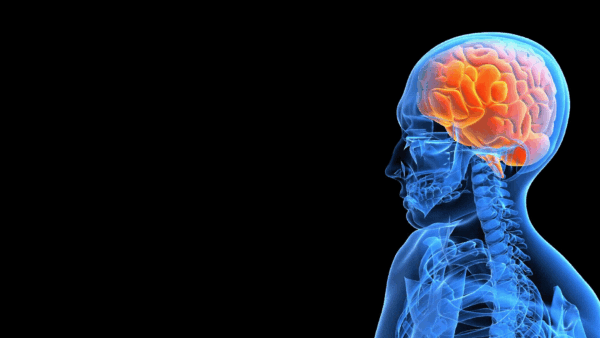News

Globally in the past year, as many as 1 billion children experienced violence or neglect. A new collaborative study involving scientists at the UW–Madison Center for Healthy Minds provides physiological evidence that group therapy involving mindfulness, creative expression and reprocessing of traumatic experiences can help these victims begin to heal.
Significant concerns have been raised about the mental health crisis on college campuses, with attention turning to what colleges can do beyond counseling services to address students’ mental health and well-being. In a newly published multi-university study, scientists found that students who completed the Art and Science of Human Flourishing course, demonstrated improved mental health, strengthened skills, perspectives and behaviors associated with flourishing.
Research at the University of Wisconsin–Madison’s Center for Healthy Minds has isolated the changes in pain-related brain activity that follow mindfulness training — pointing a way toward more targeted and precise pain treatment.

In new research, a team from the Center for Healthy Minds at the University of Wisconsin–Madison, led by Richard J. Davidson, found no evidence of structural brain changes with short-term mindfulness training.

Maternal depression and anxiety symptoms during pregnancy have an effect on infants’ brain development at one month old after birth.

